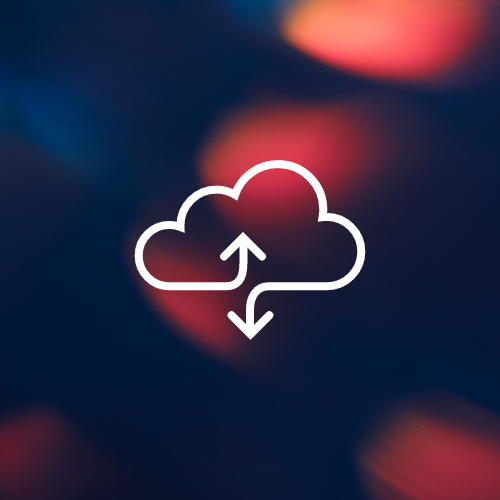SaaS solutions are among the fastest-growing segments in the IT industry. Working on a subscription basis and centrally located on a remote cloud network, software-as-a-service (SaaS) models are becoming the go-to for many organizations for a variety of reasons, including flexibility and affordability. Of course, with the pandemic necessitating more remote work than ever, the need for SaaS has only increased. In fact, Gartner forecasts end-user spending on public cloud services reached $396 billion in 2021 — and will grow 21.7% to reach $482 billion in 2022.
The number and type of users of SaaS products have increased rapidly in recent years. Though initially positioned as ideal for SMBs and startups, companies of all shapes and sizes are finding SaaS to be a great option, an affordable solution that enables agility and digital transformation.
With the increase in SaaS popularity, this ultimately leads to an increase in the number of threats to data stored via the cloud infrastructure. SaaS solutions like Salesforce, Google Workspace, and Microsoft 365 are at high risk for all types of cyber threats, human error, and other threats, and therefore, organizations need to put focus on these areas to provide SaaS protection for all users.
The latest Verizon Data Breach Investigation reports that 73% of security incidents occur in external cloud assets surpassing on-premises events. According to the report summary, error continues to be a dominant trend, and is heavily influenced by misconfigured cloud storage. While this is the second year in a row that there has been a slight leveling out for this pattern, the fallibility of employees should not be discounted.
Explosive SaaS growth
With SaaS usage continually growing, in today’s environment, nearly 100% of businesses are using one or more SaaS solutions. The market for Salesforce alone grew from $161 billion in January 2020 to $251 billion in September 2021. Users of Google Workspace grew to more than 3 billion globally with over 4.8 billion apps installed (up from 1 billion in 2020). Microsoft 365 now has 50.2 million subscribers. Much of this growth has been spurred by the COVID-19 pandemic which forced many companies to shift to remote work.
Increased risk to SaaS data
As a result of the increased use of these applications, 32% of business-critical data now resides in SaaS applications. However, many companies lack the SaaS protection required to safeguard this data.
According to IDC, 43% of organizations suffered unrecoverable data loss within the last 12 months, with 63% of organizations suffering a data-related business disruption. In many of these incidents, human error was the culprit. It has been reported that 85% of data breaches involve a human element and 61% involve compromised credentials.
Data protection is necessary
According to Statista, 91% of organizations back up their databases, 68% of organizations back up their email, and only 16% back up their SaaS data. Additionally, 50% rely on their cloud vendor for the backup and recovery of SaaS data.
It is important to remember that cloud data protection is a shared responsibility with vendors being responsible for their cloud and IT teams and end-users being accountable for the data created in the cloud. In order to ensure complete SaaS data protection and resiliency, companies need a third-party backup solution that allows for quick and easy recovery from cloud data loss, no matter the cause.
Answering the SaaS data protection question
Druva is a single platform providing comprehensive backup for your Microsoft 365, Google Workspace, and Salesforce apps, and ensuring that your critical productivity data is secure, protected, and accessible when you need it. The threat of insider attacks, accidental data deletion, and data corruption pose a clear and present danger for any organization. Secure by design, Druva provides a secure cloud with air-gapped storage, encryption, access control, and data immutability to deliver always-on data protection.
Learn more
Druva provides a flexible, comprehensive platform to centrally protect and govern business-critical data across multiple SaaS applications. Built in the cloud, Druva makes it easy to discover, protect, and govern your SaaS data, no matter how complex, distributed, or fluid. Watch the whiteboard video below to learn more.



